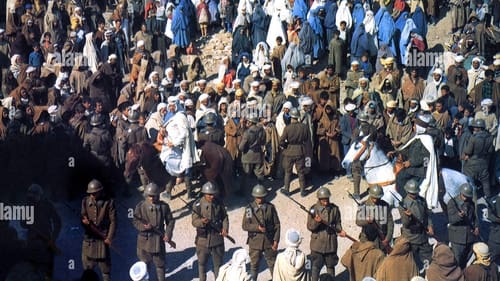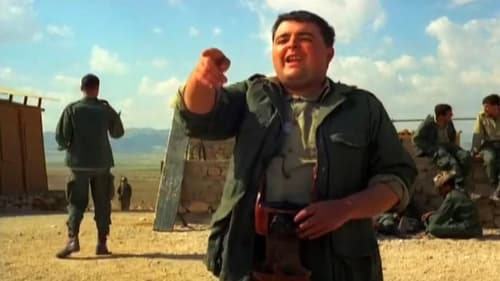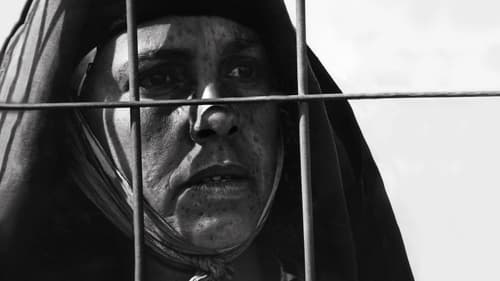
Director
Directed by Merzak Allouache.

Editor
Documentary filmed over a period of four months, from 25 December 1975 to 5 March 1976, in the area of the former Spanish Sahara claimed by the people who lived there, the Saharawis, a people now mobilised and in arms (the Polisario Front) against Morocco and Mauritania, two states that have signed an agreement to share the territory.

Assistant Editor
Vencedor do prestigiado Palma de Ouro no Festival de Cannes em 1975, “Chronique Des Années De Braise” retrata a luta da Argélia pela independência do domínio colonial francês. A história segue a migração de um camponês de sua aldeia devastada pela seca à sua eventual participação com o movimento de resistência argelina, pouco antes da eclosão da Guerra de Independência da Argélia.

Sergent Hamrane (as Ahmed Djellouli)
In 1956, the professional army of France lacks the manpower to keep the peace in Algeria, the colony which the country is determined to hold on to at any price. For this reason, reservists are called up and subject to an intense period of training before being sent to the front. Rémy March, Alain Charpentier and Raymond Dax are three such young men who have no interest in the military escapade and are reluctant conscripts. What they witness in Algeria will appall and transform them. Rape, torture, executions... there is no end to the atrocities in which they become unwilling participants. No wonder the French military are so willing to proclaim that there is nothing to report...

In 1970, Tahar, a young Tunisian, travels to France for the first time to help his older brother, who is wrongly accused of murder and incarcerated in Paris. He first stops in Marseille, where he meets Tunisians very different from those familiar to him; enigmatic French people; and a strange atmosphere that makes him doubt his brother’s innocence, his own innocence and his own mental integrity.

Editor
This black-and-white film – the first road movie of Algerian cinema – presents one of the most readily apparent, though subtle, transformations of the daily life of the people of Algeria brought about by the ordeal of French occupation and the war of liberation. With military repression in full force, a peasant woman finds herself alone in her house in the mountains when her only son is taken away by French soldiers soon after her husband is killed in a raid. One day, on seeing a dead chicken, which she considers a bad omen, she decides to leave home, and sets off on a tiring journey through the mountains. With a pair of chickens in tow, she moves from one detention camp to the next in a desperate search for her missing son. The film was inspired by events experienced by the family of its director.




